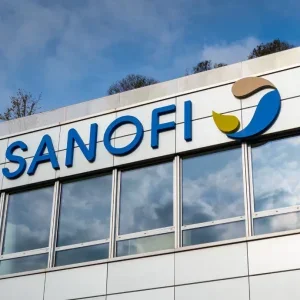
Merck, known as MSD outside the US and Canada, has announced that a Phase 2b/3 clinical trial assessing clesrovimab (MK-1654) for respiratory syncytial virus (RSV) in infants has yielded positive results.
Clesrovimab is an investigational prophylactic monoclonal antibody designed to give protection to infants from RSV disease.
The antibody is undergoing studies in infants to offer rapid and lasting protection throughout their initial RSV season with just a single, fixed-dose administration.
The double-blind, randomised, placebo-controlled study assessed the safety and effectiveness of clesrovimab in healthy infants, both preterm and full-term.
Participants were randomly assigned to receive either a single dose of MK-1654 or a placebo.
The primary endpoints of the study include evaluating the incidence of RSV-associated medically attended lower respiratory infection (MALRI) from Day one to Day 150 compared to placebo, as well as assessing safety.
Safety evaluations involved monitoring the percentage of participants experiencing any injection-related adverse events (AEs), and others.
The trial demonstrated that clesrovimab met its primary safety and efficacy endpoints.
It also reduced MALRI caused by RSV through Day 150.
Detailed findings from the study will be disclosed at an upcoming scientific congress, and Merck intends to submit the data to regulatory authorities worldwide.
Merck research laboratories global clinical development infectious diseases and vaccines senior vice president Paula Annunziato said: “RSV is highly contagious and can cause inflammation in the airways of infants leading to difficulty breathing. As a widespread illness globally, RSV is the leading cause of hospitalisation for healthy infants.
“We are encouraged by these findings and look forward to working with regulators to provide a new option to help address the impact of RSV on infants and their families.”
Recently, Merck completed the previously announced acquisition of UK-based Eyebiotech in a deal worth up to $3bn.






